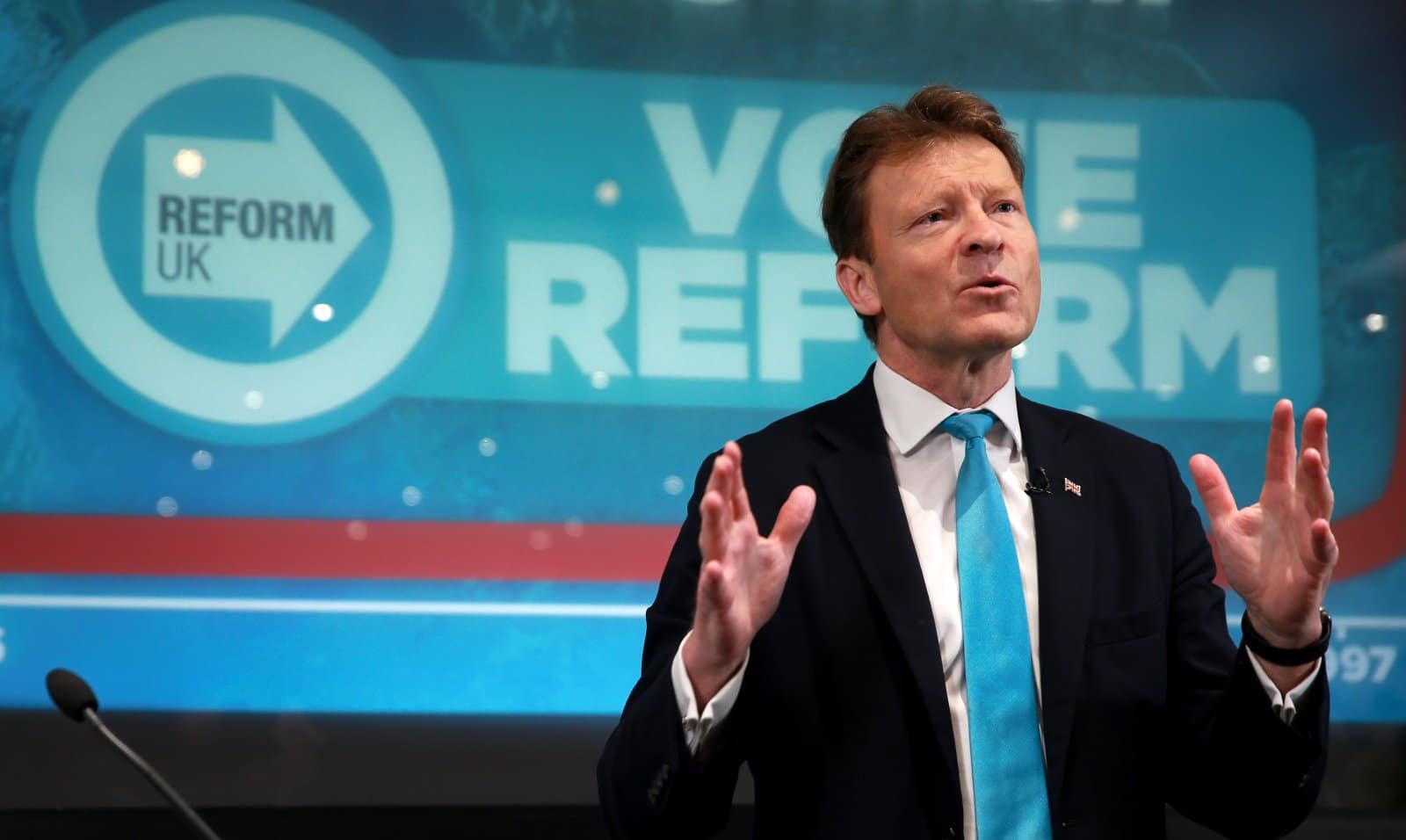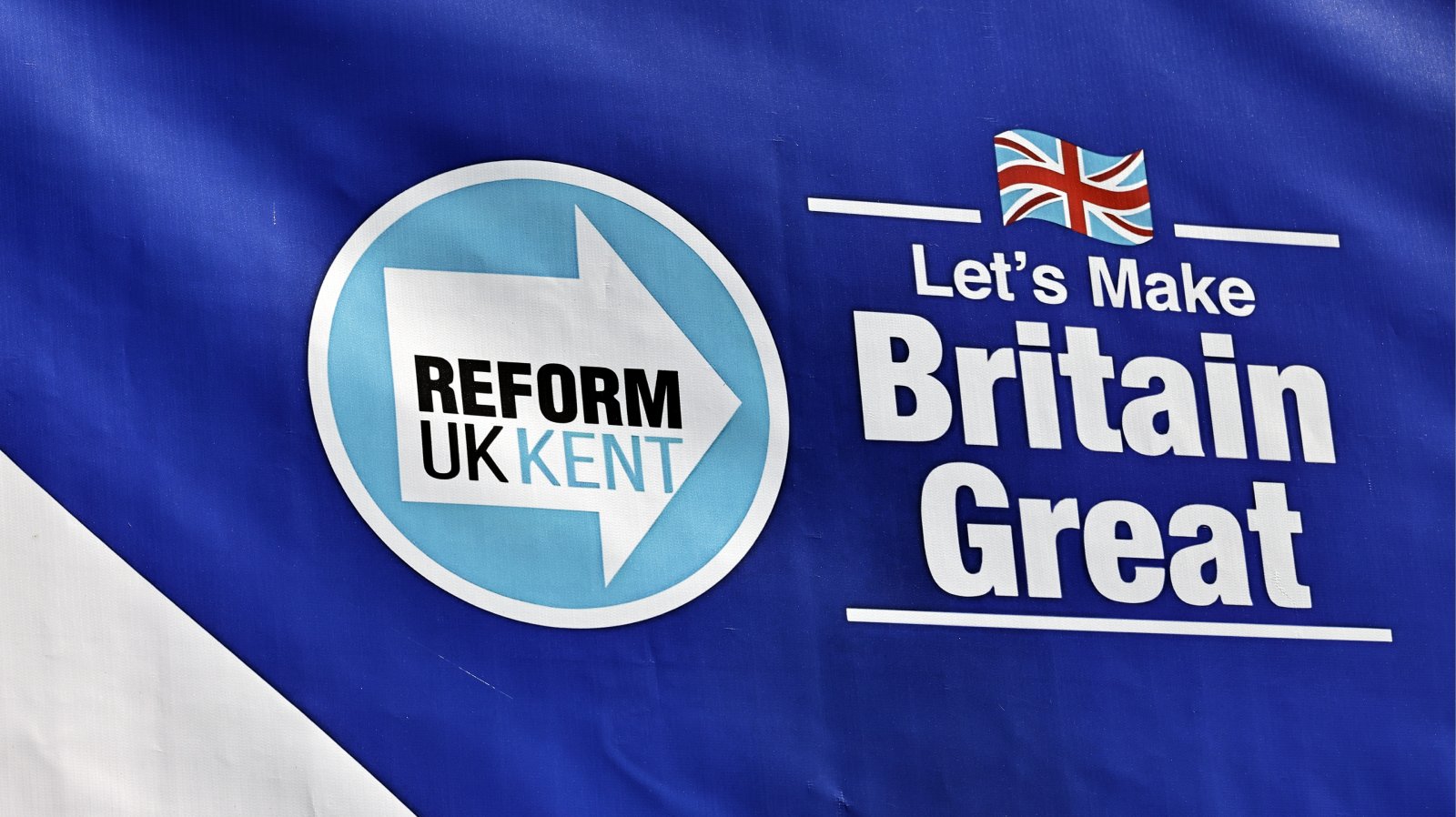Richard Tice, Reform UK’s deputy leader, is facing intense scrutiny over millions of pounds funnelled through an offshore trust in Jersey — raising questions about his financial ethics and integrity. Here’s the full story.
Offshore Financial Arrangements

Richard Tice, the former Reform UK leader who Nigel Farage unceremoniously replaced in the lead-up to the recent general election, was recently investigated by a team from the Daily Mirror and the Good Law Project for his offshore financial arrangements.
Findings Revealed and Controversial

The investigative journalism team’s findings were revealing and controversial. The controversy centres on a family trust he established in Jersey, a well-known offshore tax haven in the Channel Islands, over thirty years ago.
“Overseas” Criticism and Admission

Tice, who in 2022 accused government Ministers of raising taxes on UK citizens while they sent their money “overseas,” admitted to setting up the trust in Jersey, claiming he did so when he was working abroad in his mid-20s.
Justified by Avoiding Double Taxation

Tice admitted that he set up the trust in Jersey while working abroad in his mid-20s when he was uncertain if he would return to the UK. He justified transferring millions of pounds of shares in his company offshore to avoid being “double taxed.” Tice has asserted that the trust’s beneficiaries are his three children, all of whom, like him, are UK taxpayers.
Offshore Trust for Decades

The trust, known as the RJS Tice Family Settlement, remained offshore in Jersey even after Tice returned to the UK in 1991, only being relocated to the UK around five years ago.
Scrutiny Despite Long-Term Residency

Despite living in the UK for the intervening 28 years, Tice maintained the trust offshore, which has led to increased scrutiny and criticism, particularly given Reform UK’s strong stance against the so-called “elite” and tax avoidance.
Criticism of Tax Avoidance

Jo Maugham, the Good Law Project’s executive director, stated, “If you really love your country, you pay your taxes. You want young people to be well-educated and older people to be cared for. You want a decent police force and your armed forces veterans looked after. You don’t have a family trust in a tax haven.”
Eye-Watering Financial Transactions

The financial dealings connected to Tice’s trust involve eye-watering sums of money. In 2016, while the trust was still based in Jersey, Tice transferred one million shares from his UK-based property company, Quidnet REIT Limited, into the trust.
Significant Stakes in Quidnet

Quidnet, a commercial property firm, owns £32 million worth of property in the UK. The trust now holds a 17% stake valued at approximately £3 million.
Tice Defends Actions

In response to the scrutiny, Tice has consistently defended his actions, stating, “I was living abroad at the time back in 1990 and it was unclear if I would ever come back to the UK. It is very simple. The reason for the Jersey trust was to avoid double taxation on international investments as I have been an international businessman for much of my career but always a UK taxpayer. I have always been a UK taxpayer, as have my children.”
Justified Investment in the UK

He added, “No government revenues have been lost. If anything, the opposite. As an international businessman I have attracted investment jobs and growth into the UK.”
Legality vs. Ethics

Despite being profoundly ethically questionable, from a legal standpoint, Tice’s use of an offshore trust has not broken any laws. Tax avoidance, which is what Tice appears to have been doing, is legal, unlike tax evasion, which is not.
Tax Expert’s Perspective

However, tax expert Richard Murphy told The Mirror, “There are only two reasons to use tax havens. One is to secure secrecy, but that was obviously not his goal here. The other is to save tax. You would not incur the expense otherwise. That must be his aim in this case. There is nothing illegal about this, assuming all the right steps have been followed.”
Conflicting Public and Private Positions

He added, “But the question still remains as to why would anyone who says they believe so strongly in the government of the UK that they want to be an MP ever went about willingly undermining UK government tax revenues by establishing a trust in this way? His public and private positions seem very hard to reconcile.”
Manifesto Contradiction

The controversy surrounding Tice’s tax affairs is all the more damaging considering that Reform UK’s manifesto, a party that has positioned itself as a champion of the ordinary citizen against the perceived corruption and excesses of the elite, explicitly calls for an end to offshore tax avoidance.
Ethical Questions Remain

While Tice has defended his actions as legal and justified within international business, numerous ethical questions remain.
Continued Scrutiny

While Tice remains at the top of Reform UK, the scrutiny over his financial dealings will likely continue. However, it remains to be seen what, if any, effect the recent revelations will have on his or his party’s popularity.
Featured Image Credit: Shutterstock / Fred Duval.
The images used are for illustrative purposes only and may not represent the actual people or places mentioned in the article.

